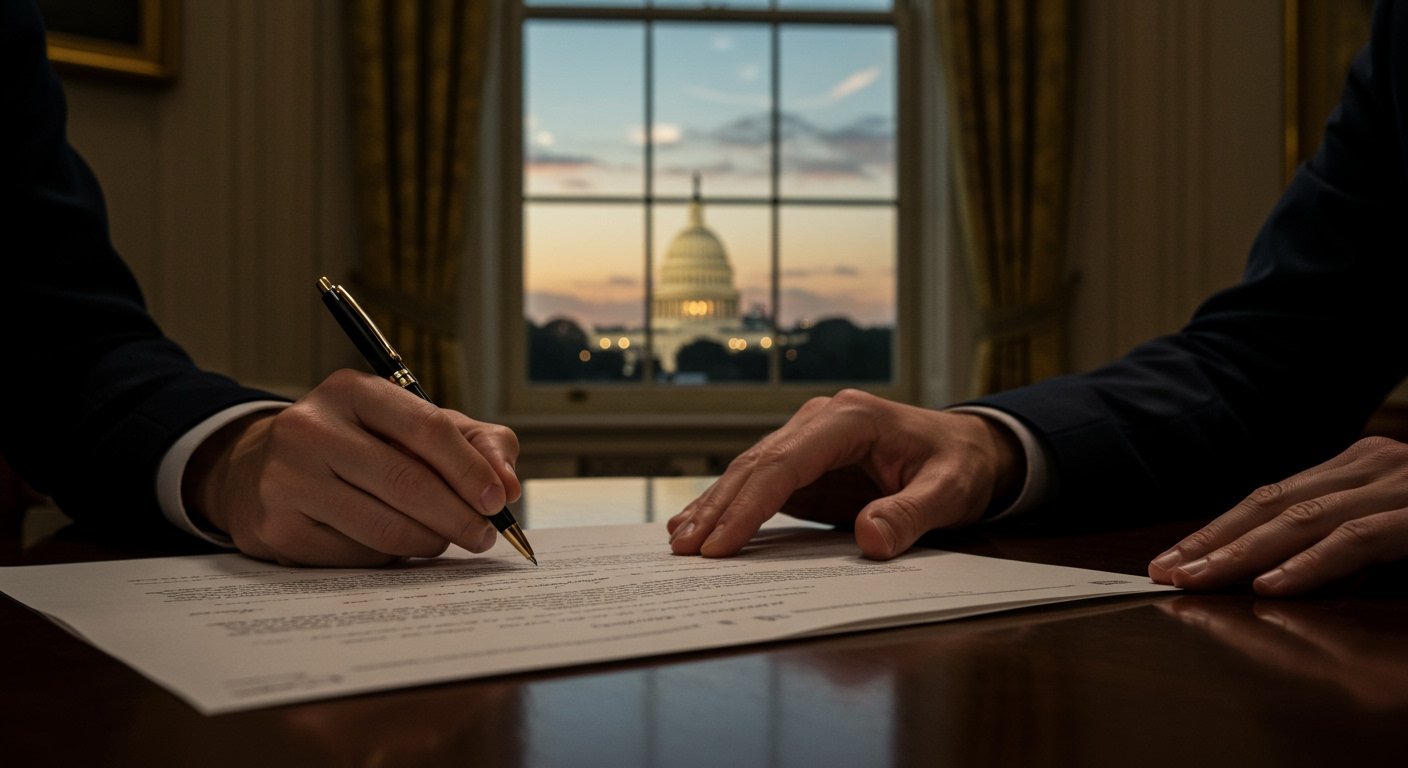Washington, D.C. — The United States Supreme Court has issued a significant decision concerning the interplay between state and federal authority over immigration, declining to lift a lower court injunction that prevents Florida from enforcing a key provision of its state immigration law.
In a brief, unsigned order, the nation’s highest court refused Florida’s request to allow the state to implement a measure that would have permitted local law enforcement officers to arrest individuals based on their immigration status, specifically for entering or remaining in the state without authorization. This decision leaves in place a ruling by a U.S. District judge that had blocked this particular enforcement mechanism.
The Contested Florida Statute
The Florida law in question, which contains several provisions related to immigration, aimed to significantly alter the landscape of immigration enforcement within the state’s borders. Among its controversial elements was the attempt to criminalize entry into or remaining within Florida by undocumented immigrants. Crucially, it sought to empower state and local police forces to make arrests based on suspicion of an individual’s immigration status, a power traditionally reserved for federal immigration authorities.
Supporters of the law argued it was a necessary step for Florida to address the impacts of what they described as inadequate federal immigration enforcement. They contended that states bear significant burdens related to immigration and should have tools to manage their own populations.
However, opponents argued that the law overstepped state authority, encroaching upon the federal government’s exclusive power over immigration matters. They also raised concerns about potential racial profiling and the infringement of civil liberties, emphasizing that determining and enforcing immigration status is a complex legal process that requires federal expertise and adherence to constitutional due process.
The District Court’s Ruling
The U.S. District judge’s ruling, which the Supreme Court’s order leaves undisturbed for now, found that the provision allowing state and local police arrests based on immigration status was likely unconstitutional. The judge issued a preliminary injunction blocking the state from enforcing this specific part of the law while legal challenges proceed.
The core of the judge’s reasoning centered on the principle of federal preemption – the doctrine that federal laws often override conflicting state laws, particularly in areas explicitly assigned to the federal government by the U.S. Constitution, such as immigration. The judge likely concluded that authorizing state and local officers to make arrests based on federal immigration violations interfered with or was preempted by existing federal immigration law and policy.
The injunction has been a significant impediment to Florida’s efforts to implement its full suite of immigration enforcement measures at the state level. The Supreme Court’s decision means this block remains active as the case continues through the lower federal courts.
Supreme Court Action and Implications
The Supreme Court’s order was brief and did not provide detailed reasoning, a common practice in responses to emergency requests like the one filed by Florida seeking to lift the injunction. By declining to block the district judge’s ruling, the Court signals, at least for the moment, that it will not intervene to allow Florida’s local arrest provisions to take effect while the case is being litigated.
This action is a setback for Florida’s state-level immigration enforcement ambitions, particularly regarding the direct involvement of local police in immigration status-based arrests. It reinforces the long-standing legal understanding that immigration policy and enforcement are primarily federal responsibilities. While state and local agencies can cooperate with federal authorities under specific agreements, widespread, independent state-level immigration arrests have consistently faced legal challenges based on federal preemption.
Advocacy Group Response
The American Civil Liberties Union (ACLU), which has been involved in legal challenges against the Florida law, promptly issued a statement welcoming the Supreme Court’s decision.
The ACLU stated that the Supreme Court’s refusal to intervene “affirms that immigration enforcement is a federal matter and that due process is constitutionally required.” This statement highlights the key arguments raised by civil rights advocates and legal experts who challenged the Florida law, emphasizing both the division of powers between federal and state governments and the constitutional rights afforded to all individuals within the United States, regardless of immigration status.
Path Forward
The Supreme Court’s decision is not a final ruling on the constitutionality of the entire Florida law, nor is it a definitive statement on all its provisions. It specifically addresses the request to lift the preliminary injunction on the local arrest power. The legal challenge against the Florida law will now continue in the lower federal courts, including potentially a review by a federal court of appeals and, possibly, a return to the Supreme Court for a full hearing on the merits at a later stage.
For now, the ruling means that local law enforcement officers in Florida cannot make arrests solely based on an individual’s perceived immigration status under the contested state law provision, maintaining the status quo established by the district court judge’s injunction.













